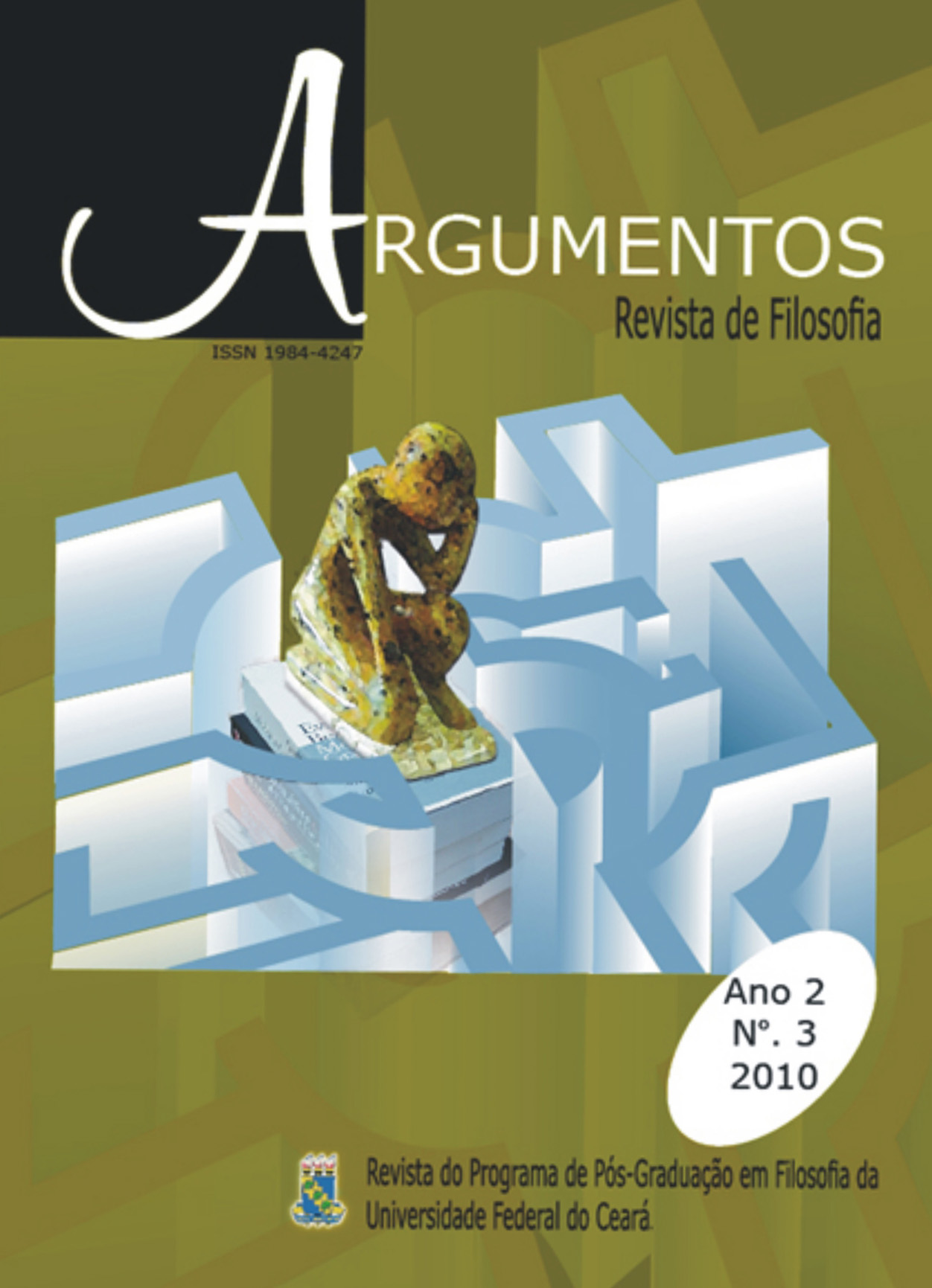Jusnaturalism: dawn and sunset of the idea of Natural Rights
Keywords:
Natural human rights. Apatrids. Juridical order.Abstract
I aim to present the arendtian analysis in which the First World War shows us, trough the apatrids. Also, I show the notion of human rights of the jusnaturalist matrix as something that misses sense and effectiveness and something which is exempt from any juridical help. According to Hannah Arendt, the idea of the natural right is the base on which the notion of human right is placed. It behaves as a basic paradox that consists in the fact of presupposing man as naturally subject endowed of a juridical personality. This paradox clearly revealed itself when those who were out of juridical order could not claim for any fundamental right by the fact of being men. The Arendt’s thesis is, therefore, out of the boundary of a juridical order, and consequently out of any political community which struggle for their rights (such as the apatrids), the individuals are given back to nature. Thus, the fundamental right of man consists in the right of having rights. In other words, it is the right to belong to a political community which assures the juridical personality through which the individual can claim for such rights.Downloads
Published
Issue
Section
License
Argumentos magazine is licensed under an International Creative Commons Attribution License.
The Magazine uses CC BY inclusion
1) The authors retain the copyright granted to the magazine or the right to initial publication, with the work regularly licensed under the Creative Commons Attribution, which allows the sharing of the work with acknowledgment of authorship and initial publication in this magazine.
2) The authors are authorized to contract additional applicable contracts, for non-exclusive distribution of the version of the work published in this journal (for example, publication in the institutional repository or as a chapter of the book), recognition of authorship and initial publication in this journal.
3) Authors are authorized and encourage to publish and distribute their work online (for example, in institutional repositories or on their personal pages) at any time before or during the editorial process, as they can generate productive changes, as well as increase the impact and reference of published work.




.jpg)










._._3.png)
1.jpg)
._._._.png)
